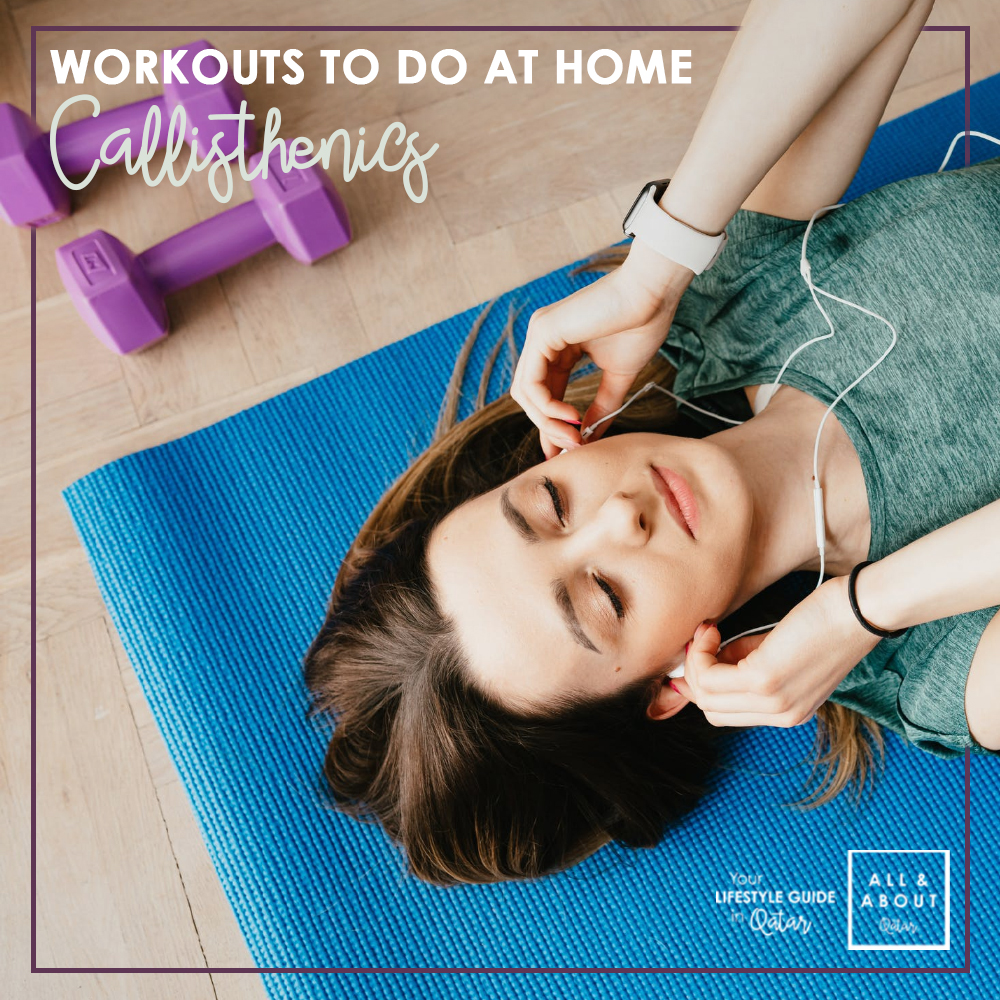
Want to work out harder, increase your energy, avoid injury and recover faster? Meditation may be the fix you need to take your fitness game to the next level. (Added bonus: The combination of mediation and exercise can also reduce symptoms of depression, according to a 2016 study from Rutgers University.)
We talked to wellness expert Jamie Price, co-founder of the meditation app Stop, Breathe & Think to get her advice and insights on how to inject a little inner peace into your workout routine. (Go big and go om!)
1. Get Focused
“If your mind is wandering, you might not be working out as intensely,” says Price. “You’re on autopilot.” The result? You’ll undermine your efforts and burn fewer calories, while your poor form could increase your risk of injury. Even just a short meditation before your workout (like Stop, Breathe & Think’s three minutes of mindful breathing) can help clear your head and keep your focus on fitness — not your to-do list.
2. Boost Your Energy
That preworkout meditation does more than improve your focus; it can also help you feel more energized. For a quick pick-me-up, Price recommends trying a few short inhalations through the nose, followed by one long exhalation through your mouth. The technique, known as energizing breath, increases the flow of oxygen, waking up your body and mind.
3. Stay Motivated
If you’ve ever run a marathon (or, heck, even a 5K), then you know that there’s usually a point in the race when you feel like giving up. (Why do you think they say running is 90 percent mental?) If you could just stop obsessing over how long you’ve been going and how much longer you have left, then reaching that finish line becomes a lot easier.
That’s where mediation comes in: “When you practice mindfulness or focus on something else like your breathing, you take yourself out of that mental loop that can trip you up,” explains Price. Not convinced? Consider this: A recent study of college football players showed that practicing mindful meditation for 12 minutes a day can help athletes endure the mental stress that comes with intense training.

4. Avoid Injury
We’re all for going hard during a workout, but going too hard can lead to muscle sprains and strains (or worse). So how do you know when to let up? “With mindfulness, you become more attuned to when your body or muscle is feeling stressed, and you can adjust,” says Price. You’ll also be able to better tell whether that discomfort you’re feeling is a normal part of working out or something more.
That’s not all: Researchers have found that mental stress can interfere with muscle recovery after exercising. Enter meditation: It can help you manage your stress (try the six-minute Relax, Ground and Clear meditation from Stop, Breathe & Think) so your body can focus on repairing itself after your workout.
5. Breathe Better
Ever forgotten to breathe when you’re struggling through a set of push-ups or holding a plank pose? In those moments, meditation, which is grounded in breath, can help you “remember.”
Not only that, you’ll also learn to breathe more effectively throughout your entire workout. Price explains, “We’re born breathing deeply into our bellies. As we become adults, we tend to shift to breathing shallowly into our chests, which impacts the amount of oxygen in our blood.” This kind of shallow breathing will hold you back from functioning at your optimum level during a workout.
6. Rest Easier
Sleepless nights make it difficult to accomplish much of anything during the day, much less get in a good workout. Fortunately, a regular meditation practice can make it easier to get the recommended seven to nine hours of shut-eye a night. In fact, in a study from JAMA Internal Medicine, researchers found that mindful meditation training was more effective at helping people overcome insomnia than traditional sleep hygiene advice (like avoiding stimulants close to bedtime and establishing a bedtime routine).
Price recommends getting into the habit of “noting” throughout the day. The practice involves focusing on your breath and “noting” any thoughts that may cross your mind, then going back to your breath. “Your ability to hop off that train of thought and get focused is strengthened,” Price says. At the end of a long day, it will make unwinding — and falling asleep — easier.
Have you tried any kind of meditation? How hard was it to stick to a practice? What techniques worked for you? Let us know in the comments below!
By Shannan Rouss
Source: Live Strong






Leave A Comment
You must be logged in to post a comment.